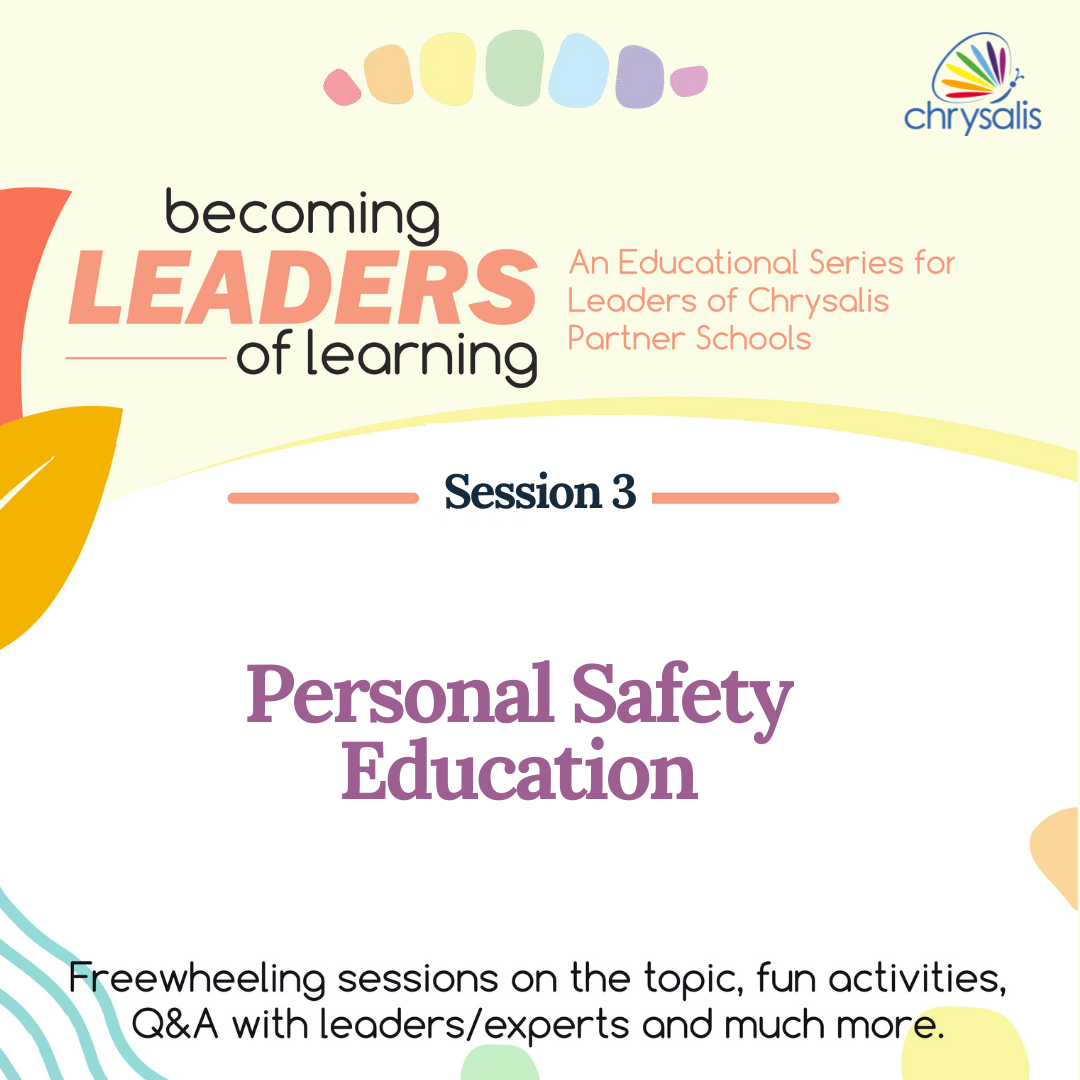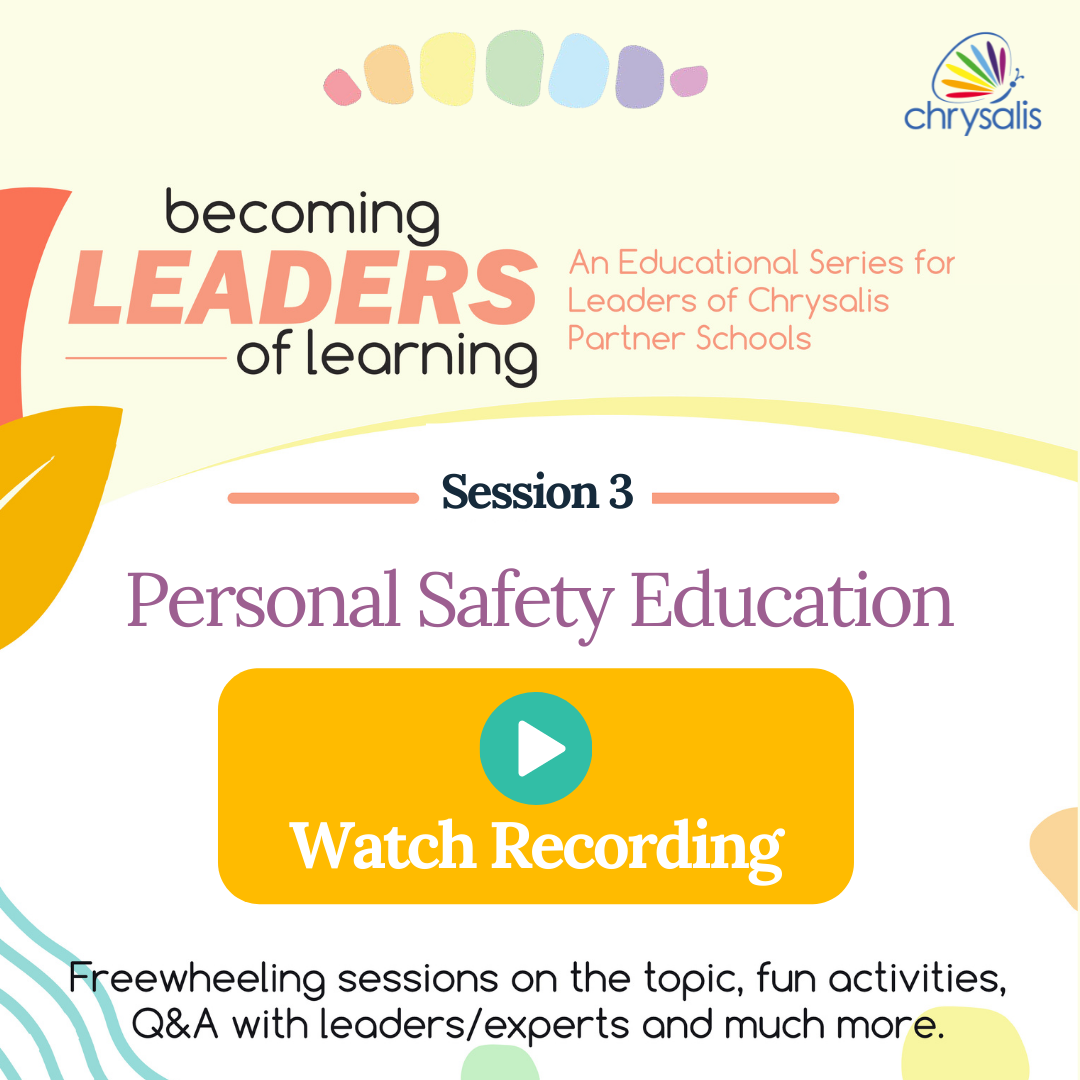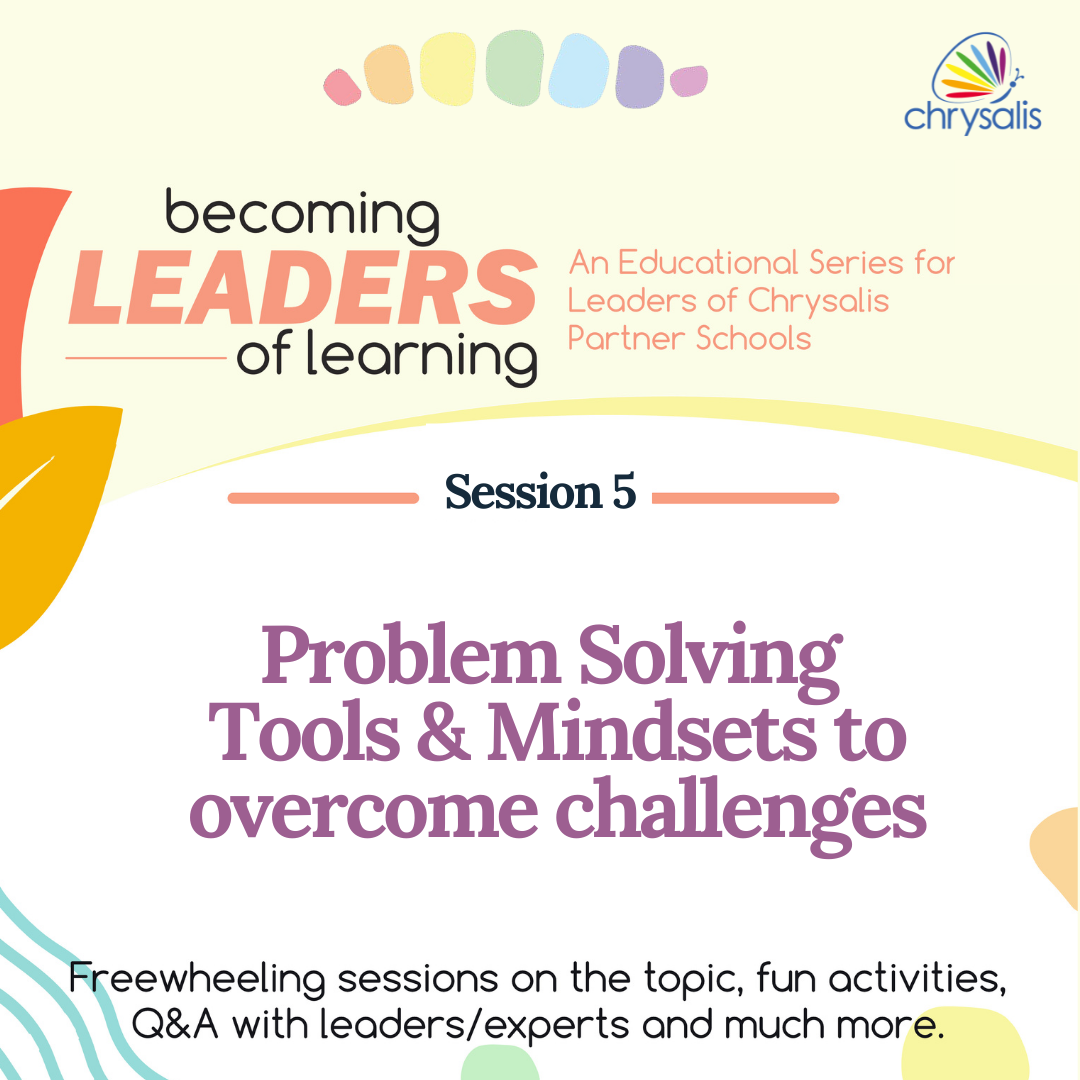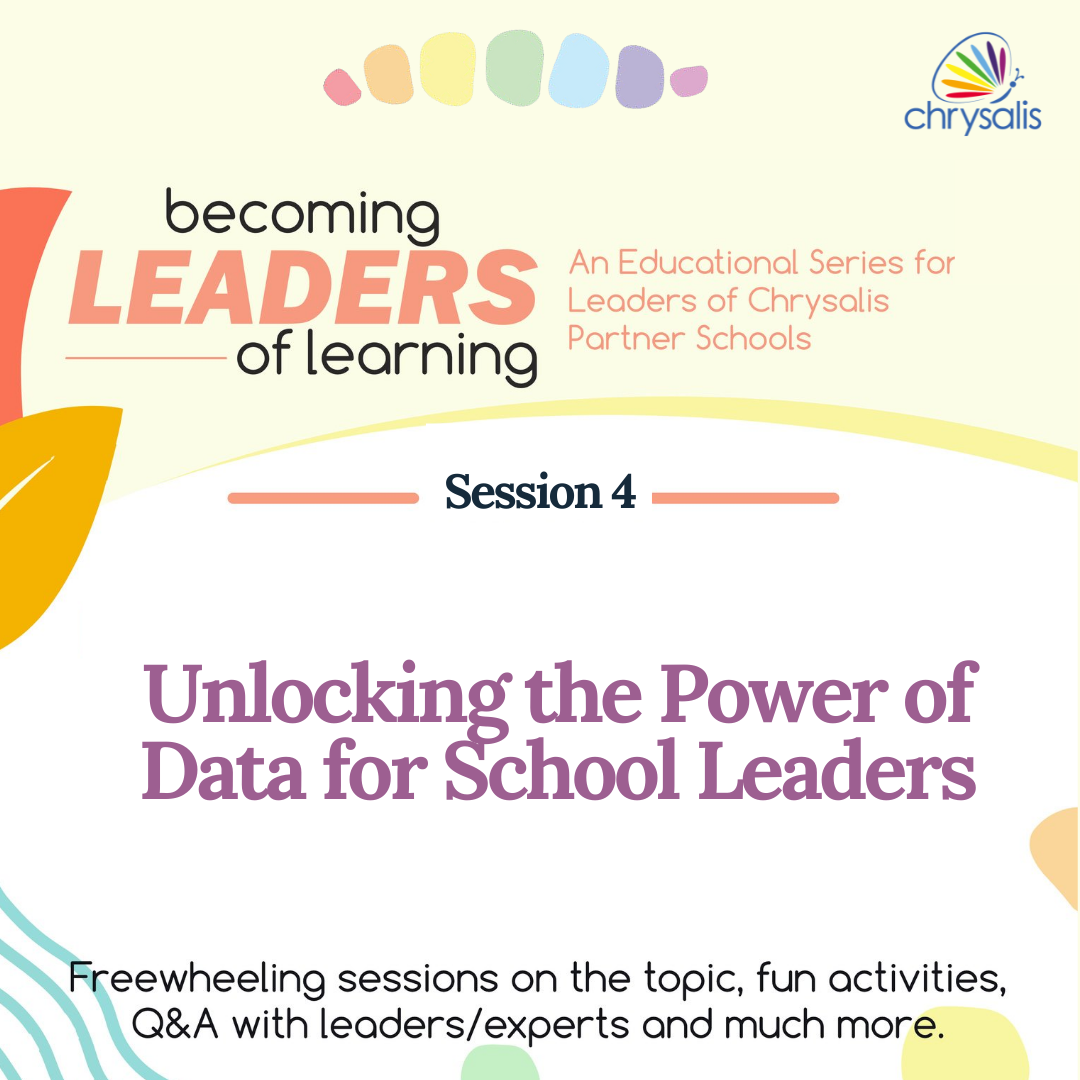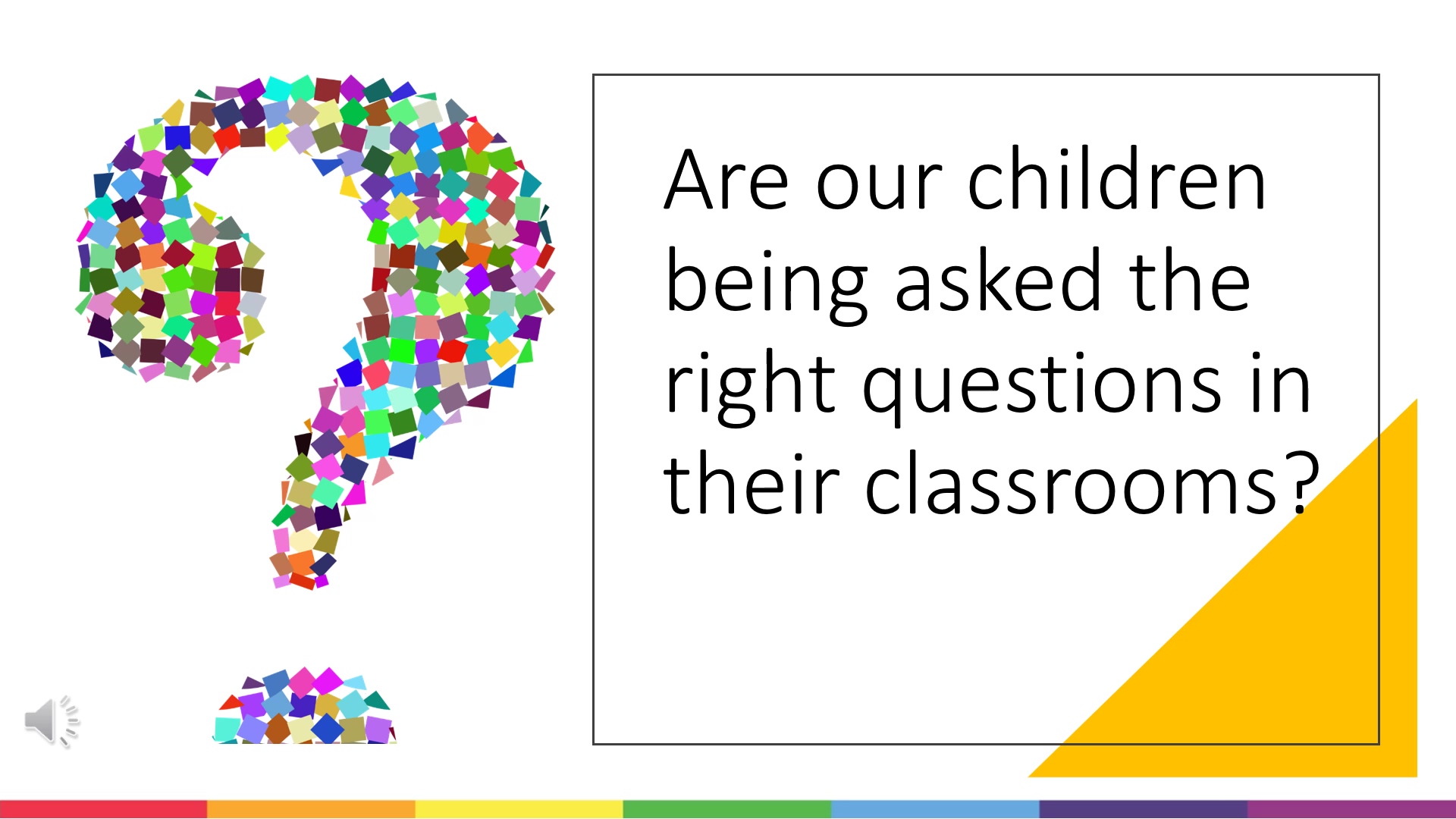Personal Safety for children is a sensitive issue, isn’t it?
As soon as we become parents, we start thinking about the safety of our children, whether girl or boy. However, we play only a partial role in ensuring the personal safety of children. The other half is handed over to the school, teachers, and educational providers.
Therefore, in this webinar, Chrysalis created a team of panelists to discuss personal safety education. We will touch on various key pointers, including rules and regulations, child abuse, and the role of school authorities in ensuring and teaching personal safety to children.
An Introduction To Chrysalis
Chrysalis is a community that empowers the education system such that it awakens the human potential in every child. Over the years, we have helped curate an education system build on mutually exclusive trust between parents and educational providers. We achieve this with our values of:
· Genuineness
· Compassion
· Excellence
· Courage
· Joyfulness
Now, without further ado, let’s explore how we can move towards personal safety education.
Understanding Personal Safety Education
Personal safety for children is protecting themselves. This includes protecting from child abuse, crossing the road safely, eliminating mental abuse or mistreatment, etc.
Personal safety education for children is the process of making children understand the art of protecting themselves. We achieve this by offering information necessary to understand personal rights. When this initial stage is achieved, children are equipped with the essential skills to prevent harm to themselves.
An important part of this personal safety education includes awareness about governmental policies and internal school policies, along with remedial actions taken to prevent harm to children.
Key Government Policies and Regulations
Ms. Nitya Ramaswami, our first panelist, discussed The Protection of Children from Sexual Offences Act 2012 (POCSO). Ms. Nitya has over four decades of experience in the field, including boarding governance and organizational change management. She is a qualified auditor of Quality Auditor of India and impaneled with the CBSE board.
She explains that the POCSO law is not just about sexual abuse and offenses against children, but it entails principles of creating a safe environment for children. It is mandatory for every school authority and stakeholder to read, understand, and implement the POCSO.
The POCSO has categorized various assaults against children. Here’s a list of the same:
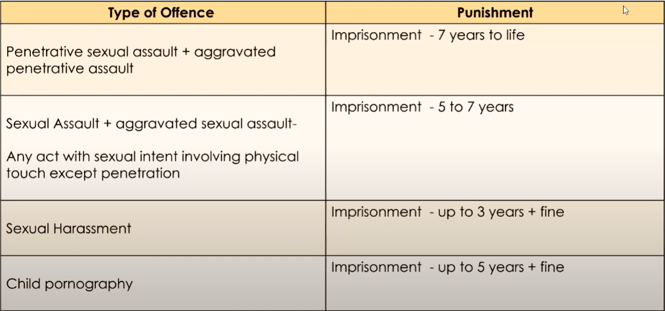
After discussing each category and related punishment, Ms. Nitya marked, and we agree, that the mentality of a pedophile may not change even after the imprisonment of 5-7 years. Therefore, we need to educate our children on personal safety to eliminate the impact.
The first step towards this is ensuring that media, photographic facilities, and studios inform the juvenile unit or local police of any case concerning sexual assault, obscenity, or pornographic involving children.
In many cases, a medical examination may be consulted to prove sexual assault. However, the child's parents may not want the child to be examined by a stranger considering the trauma they have already experienced. To avoid this, we need to create a safe place for the child to trust people and eliminate reaching a stage where a medical examination is imperative.
It is necessary to remember that anyone can report an offense. This may be including street children or any children of the school. If we fail to report an incident in one day or 24 hours, the evidence is lost. Once we reach that stage, we may have lost the case. We need to conclude medical examination within 24 hours in case of penetration or sexual assault to catch the culprit and collect evidence of the same.
Another thing that we need to keep in mind is being empathetic and polite when questioning children. This also includes eliminating reporting anything to media, as it can impact the mental condition of the child.
On this, Ms. Leena shared that they implement personal safety by educating children. Ms. Leena is the head of the pre-school division at Alpha Kids international. She has over 19 years of experience in the field. In school, she has devised a method to provide a whistle to every child, which encourages them to blow it whenever they feel unsafe. Similar to calling upon a parent, Ms. Leena created a safe harbor for her school children.
Similarly, Ms. Reeta shared that her strategy is to ensure her children are safe at every hour. Ms. Reeta is our third panelist and has a Masters's in English, Special Education, and Psychology. She is the principal of Bellwether International School. In her school, she encourages children to come to her and share their experiences. When it happens, she takes the initiative to educate parents first and children second.
Child Abuse: Types and Recognizing
As Ms. Nitya pointed out, we need to start by ruling out the myth that a stranger can only abuse our child. Most children are abused and inappropriately touched by a person you know well.
According to research, every two out of three children have experienced emotional abuse at home or in school in some form. For example, according to data, out of 69% abused children, more than 54% were boys. However, we shut them by saying, “Don’t cry, be bold.”
As a part of this, Ms. Nitya asked the following:
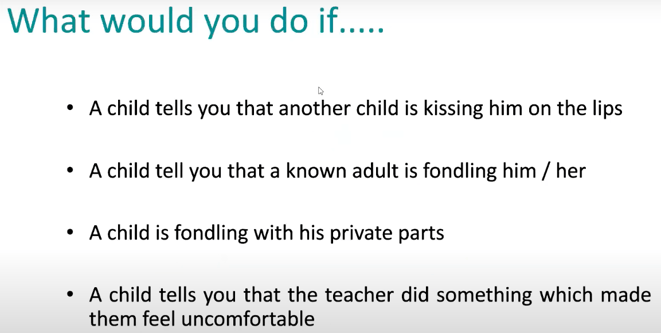
As teachers, we need to create a mentoring system where children can go to teachers and principals to share incidents of abuse. You need to allow children to trust you as mentors, as quazi parents.
How can we prevent sexual abuse?
· Empower children. Educate them on their personal rights. Help children trust educational authorities enough to share details of the abuse.
· Be aware of potential dangers. Know where the danger lies and ensure it is removed. Understand potential loopholes. For example, why the child is going home late? Are they alone in the washroom? Who is assisting them during playtime?
· Manage the circle of trust. Create a trusting environment. Encourage children to share anything with the principal and teachers. Allow them to trust you by not breaking their trust or betraying them out in front of everyone. To this, Ms. Reeta shared that you need to create an environment where if the child shares something, they need to be able to trust that we are not going to tell it to a parent or anybody else.
· Never leave a child unattended. An important lesson also encouraged by Ms. Leena is never to leave your children alone. Ensure that a member of faculty is assisting them – everywhere.
Here, Ms. Leena shared that to educate children; she has included an activity in the curriculum: asking children a series of questions. Initially, they would start by asking simpler things like what would you do if you lost your toys? Eventually, they move to why do you keep wearing some clothes when you go to the beach? In this manner, they teach pre-school kids about intimate parts of the body and inappropriate touch.
Moving forward, we can implement school processes and policies to make the child feel safe. An important part of implementing these policies is creating a Student Complaint Process. Ms. Nitya shared her school’s flowchart of following up with a student’s complaint.
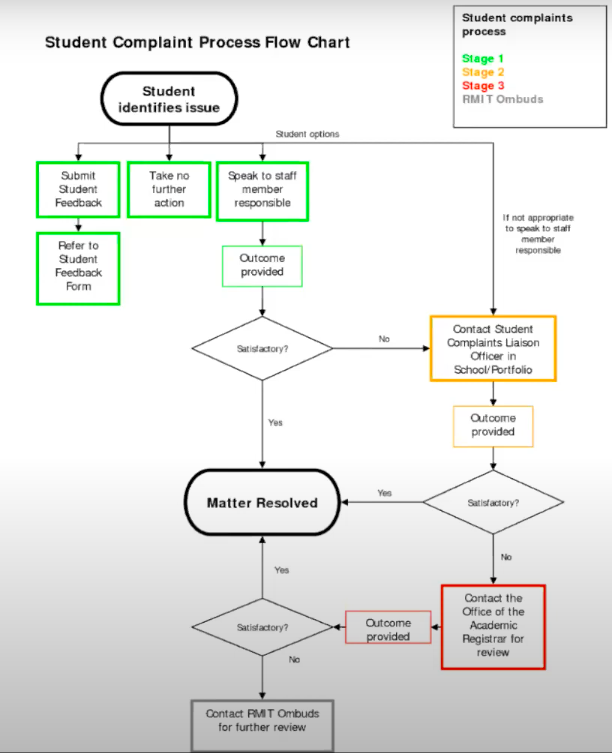
Offering an exact procedure to the child can help them trust the process and know exactly where they will get a solution.
Role of School Leaders as Quazi Parents
Ms. Nitya encourages teachers to understand that we are quazi Parents. We are the main tie binding children to personal safety education. We play a major role in the support and growth of the child.
The first thing that Ms. Nitya prompts is understanding that we can’t encourage children for personal safety using the following language. For example, threatening the child only sabotages their confidence. In a place like this, we need to use positive sentences. Keeping these things in mind. Ms. Nitya asked everyone to take a pledge that:
"Fifty years from now, it will not matter what kind of car you drove, what kind of house you lived in, how much you had in your bank account, or what your clothes looked like. But the world may be a little better because you were important in the life of a child. "
With this pledge, we concluded the session. You can watch the entire webinar and explore how personal safety education can make a difference.

